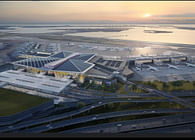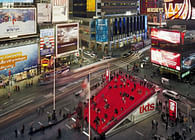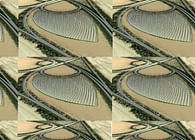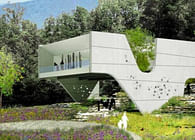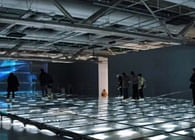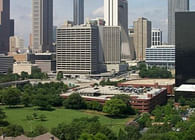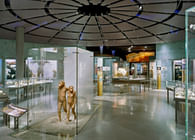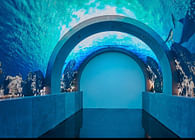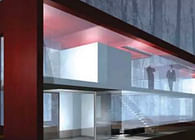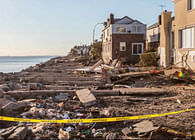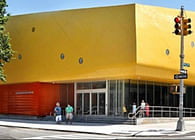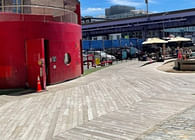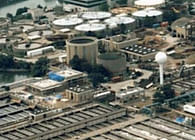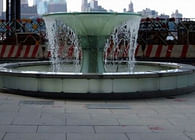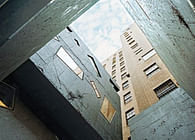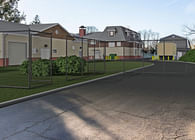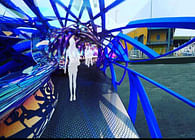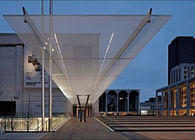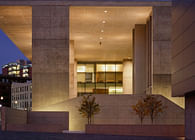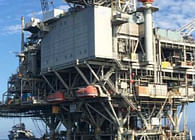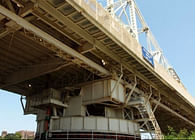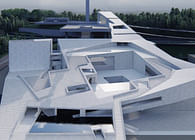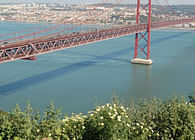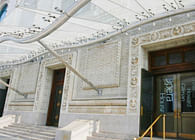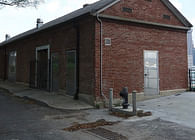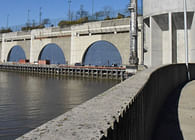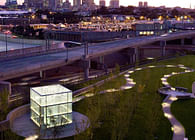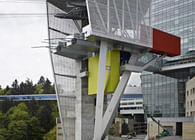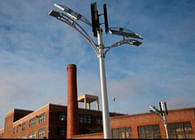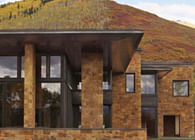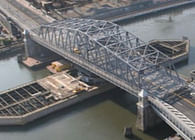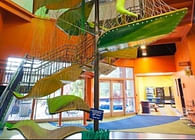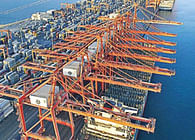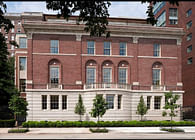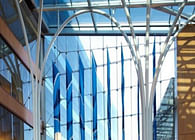
Engineers redefined the concept of retrofit by adding a dual-track railway deck to a 30-year-old suspension bridge in Portugal.
Spanning the wide estuary of Portugal's longest river has been a long-standing challenge to engineers. In 1876 Portuguese engineer Miguel Pais conducted the first formal study of spanning the estuary. But it wasn't until 1953 that the Portuguese government finally appointed a special department under the direction of engineer Jose do Canto Moniz, to complete the project. Decades later Moniz's nephew, Luis do Canto Moniz, would serve as chief engineer for the retrofit project.
In 1960, American Bridge based in Pittsburgh, won the original bridge project in a worldwide design/build competition and retained Steinman Boynton Gronquist & London, New York, to prepare the preliminary and final designs and supervise construction of the suspension bridge.
In 1992, the Portuguese roadway authority, Junta Autónoma de Estradas (JAE), appointed Steinman, the original design firm and now the major bridge unit of the Parsons Transportation Group to design the retrofit.
The retrofit included widening the roadway deck to six lanes, installing the railroad deck between and along the lower chords of the stiffening trusses, reinforcing the existing structure, and repairing, rehabilitating, and repainting the overall structure. The railway deck would carry not only commuter trains but also heavier, long-distance freight trains.
The bridge's response to wind and seismic activity, and the human response to bridge vibrations caused by moving trains, were the subject of elaborate studies in the final design phase. Dr. Imam Hossain and Radhi Majmudar, a two person team, at Steinman performed a dynamic investigation (including seismic) of the modified bridge, including redetermining the seismic activity in Lisbon.
Status: Built
Location: Lisbon, PT
Firm Role: Structural Engineer
Additional Credits: Project Manager - Connie Crawford
Project Engineers - Dr. Imam Hossain, Radhi Majmudar (@innovstructure)
Resident Engineer - Jose Jardim
